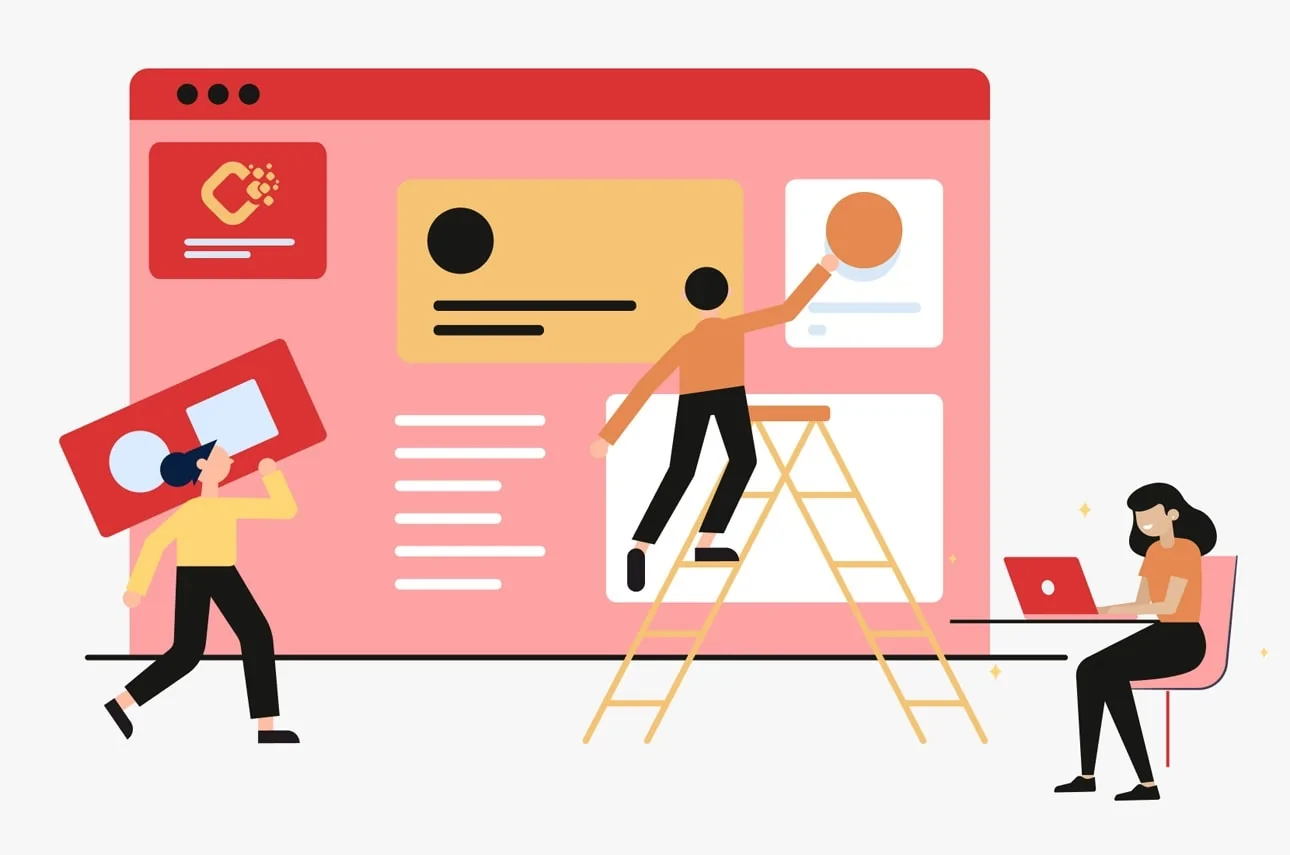5 Important Facts About Hiring An Excellent Web Developer
Why peruse this guide to hire web developers? The 21st century has eased up numerous options for us and website development is one such errand that one can even try doing on their own. However, hiring an expert web developer has its own set of advantages.
Before we dive into the various benefits of hiring web developers it is important to understand that finding the right developer would not be as simple as one would imagine. The availability of numerous options to hire a web developer makes this task cumbersome and confusing for a few. And so this guide is aimed at helping everyone who is planning to hire web app developers in India & USA .
A couple of decades ago, there were very few alternatives and one was required to scout for the best website development company. However, times have changed now, and hiring a web developer is not as daunting as it used to be. You have options to hire web developers from literally anywhere around the globe or if you decide to take matters into your own hands, you may even go ahead and use the online tools to get the work done.
So let us try to answer the first set of puzzles: why even bother hiring a web developer for your requirements and why not do it yourself? The two major reasons to do so are:
1. It can save you a lot of valuable time
2. The complicated technical aspect of the development is better left to the experts of this domain.
In all circumstances, knowing how to find, recruit, and deal with a web developer is essential to ensure that your project runs well. The coming sections focus on information and steps that would help you hire a web developer easily:
Also Read : [4 Key Points To Help You Hire An IOS Developer]





